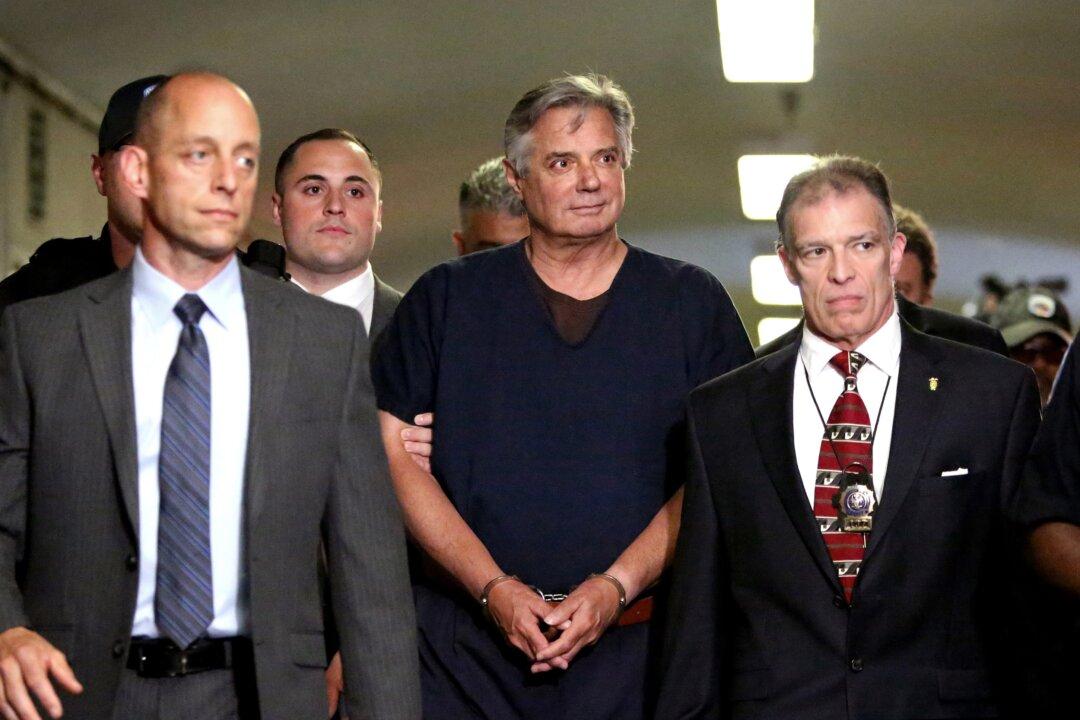The way special counsel John Durham is treating people associated with the 2016 Clinton campaign while investigating them is far cry from how special counsel Robert Mueller treated people associated with the 2016 Trump campaign while investigating them.
After Durham indicted attorney Michael Sussmann in 2021 for lying to the FBI, court documents show that the special counsel had long been in communication with Clinton campaign attorneys, hearing them out on why certain subpoenaed documents were protected by attorney-client privilege and thus shouldn’t be turned over. Durham only recently asked the court to compel production of the documents or at least have the judge review a sample of them before making a final decision.





